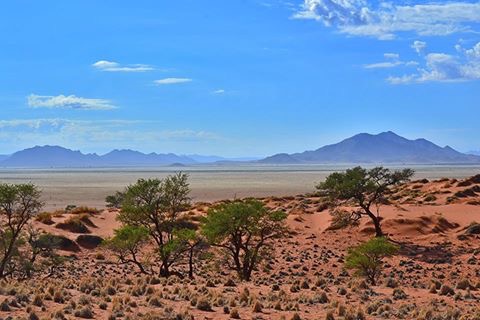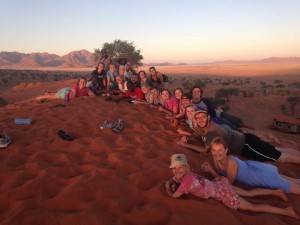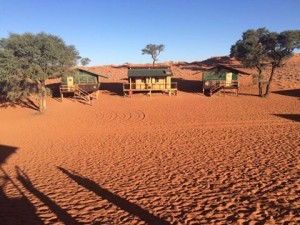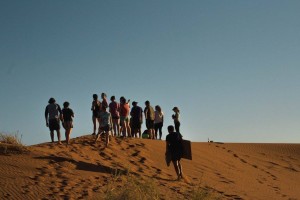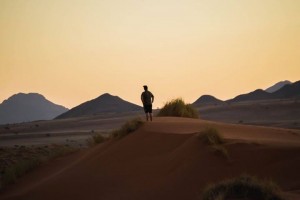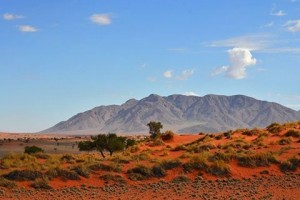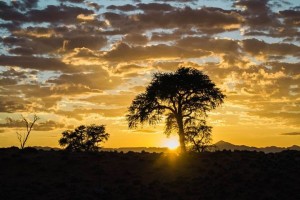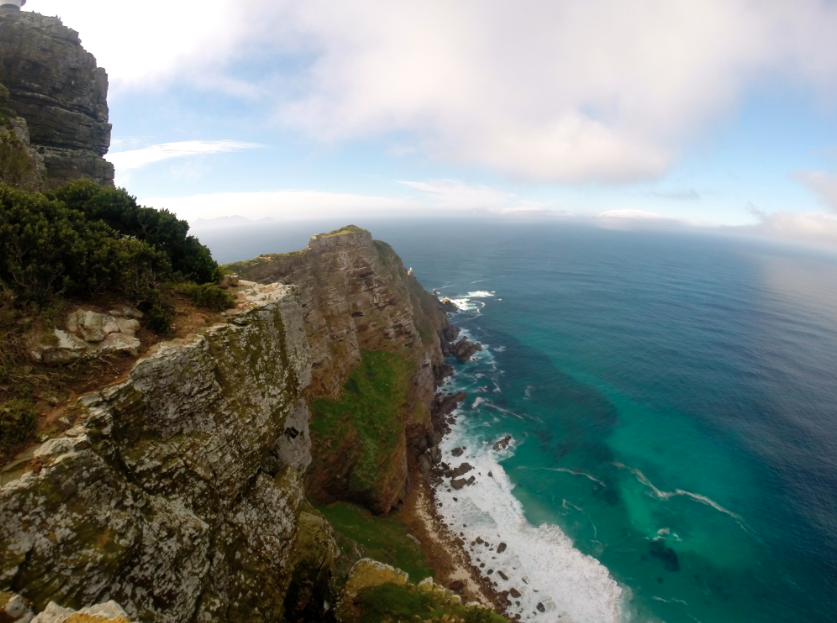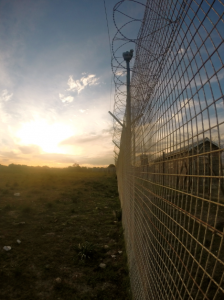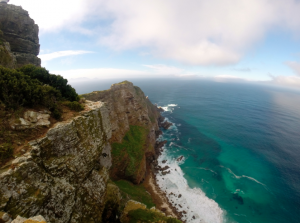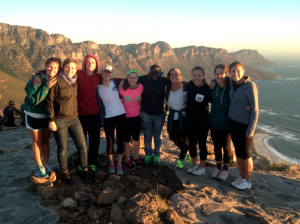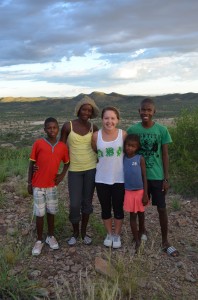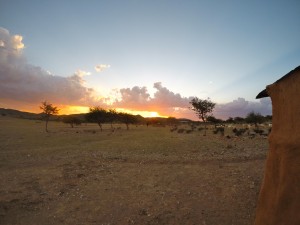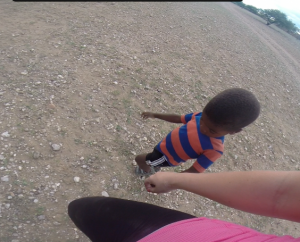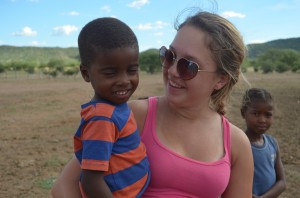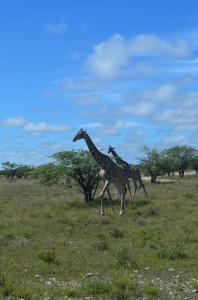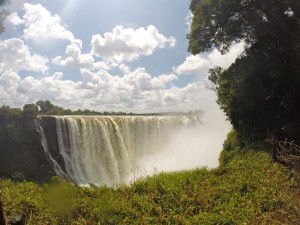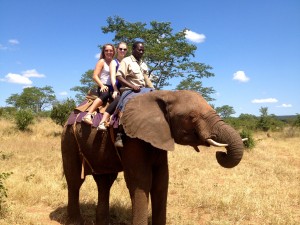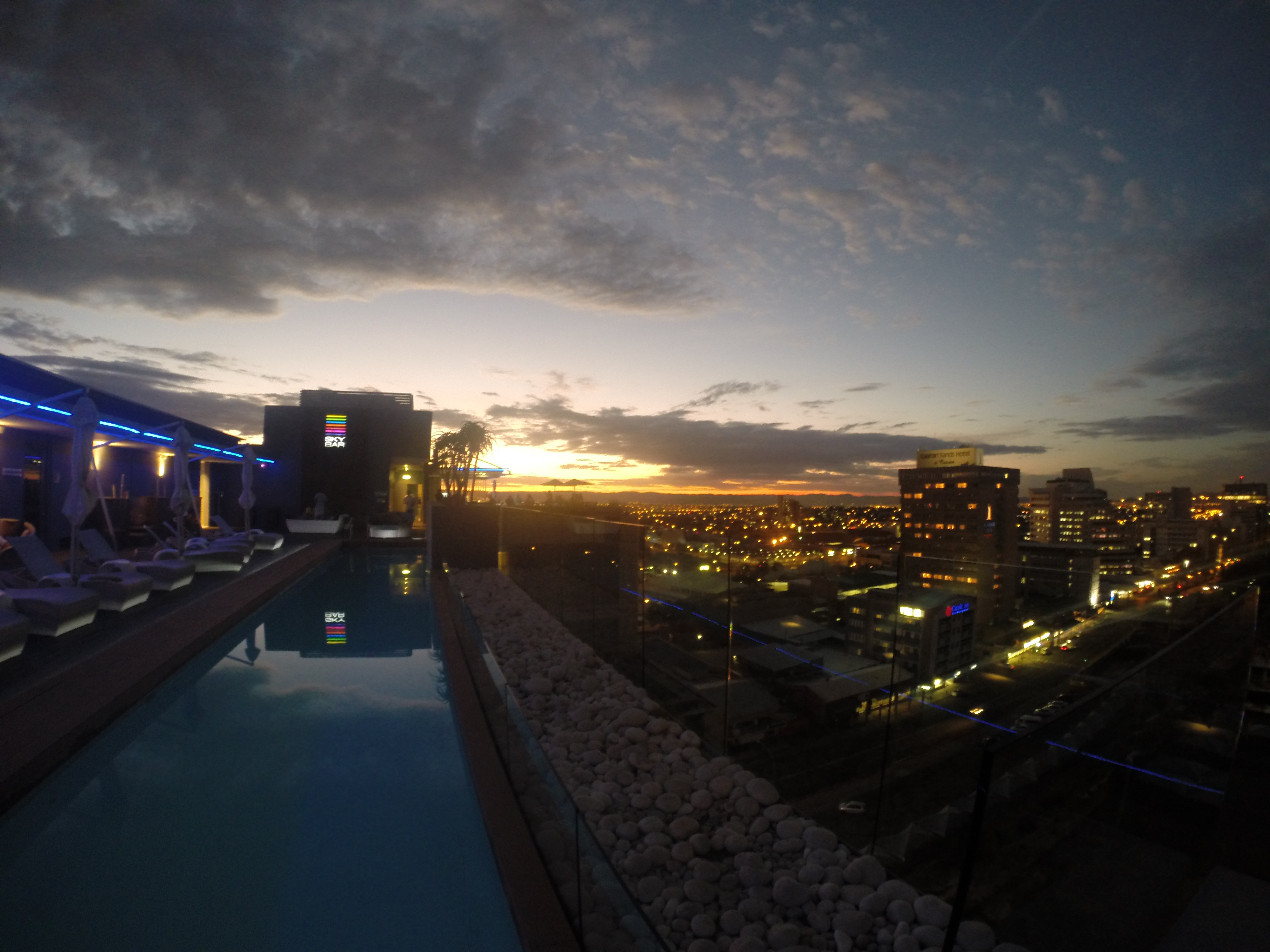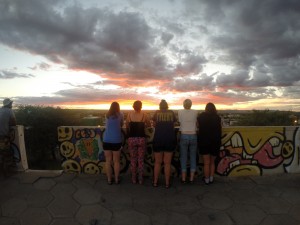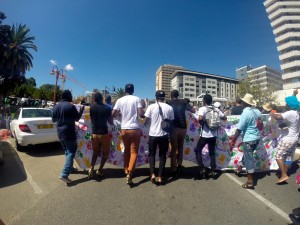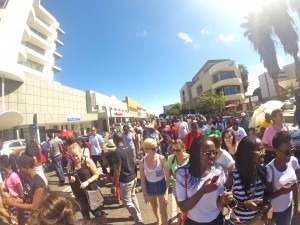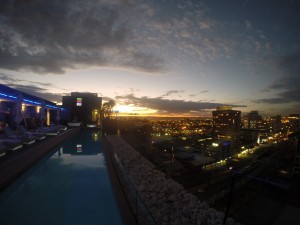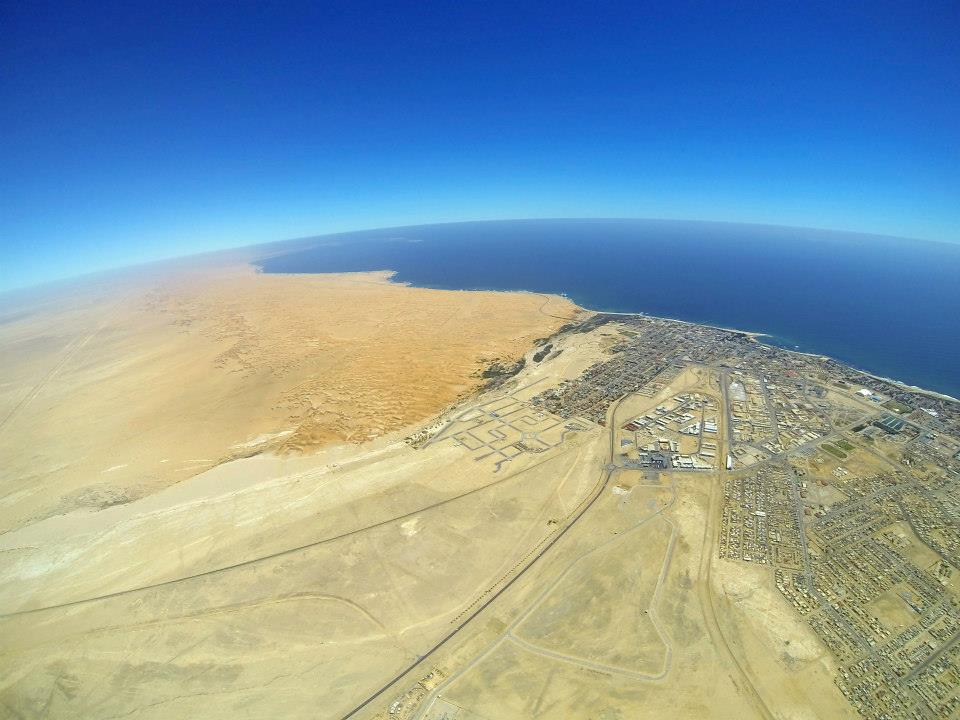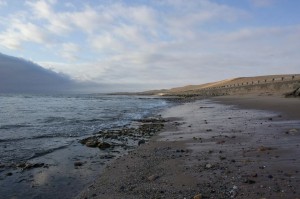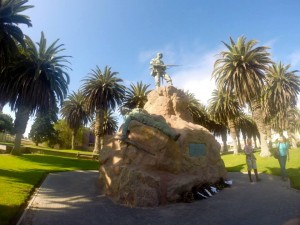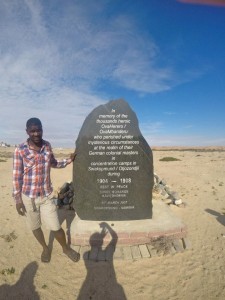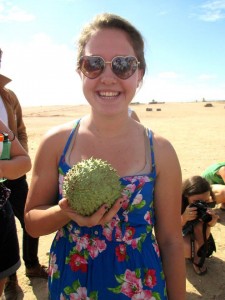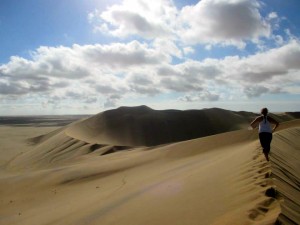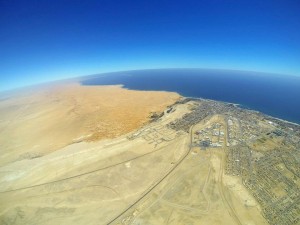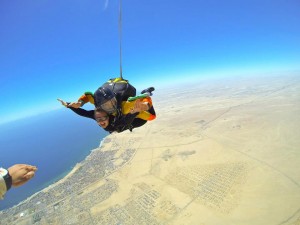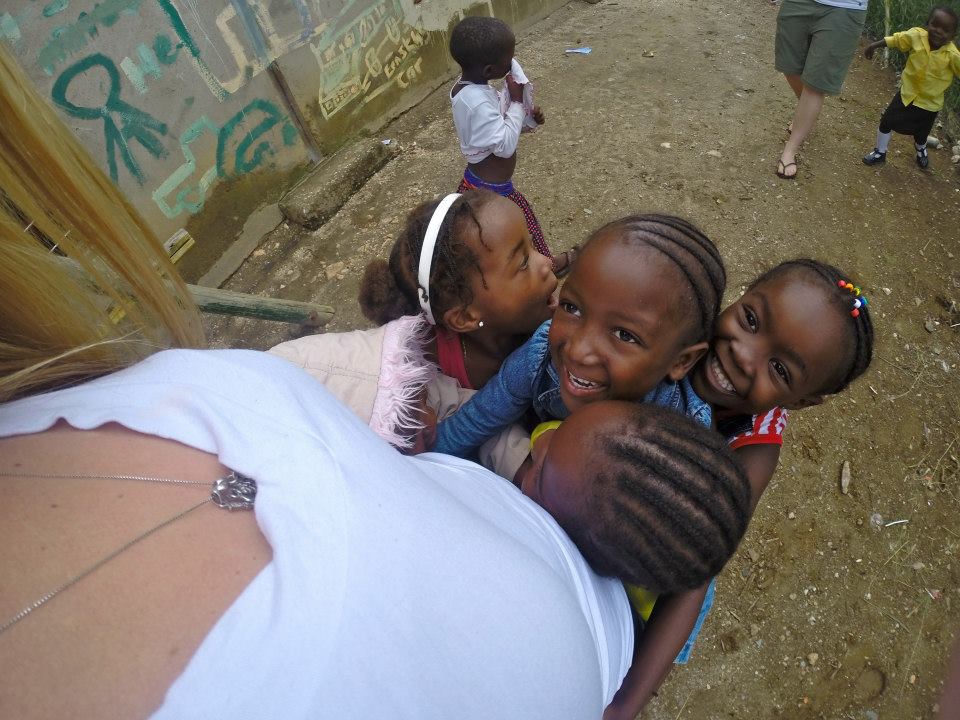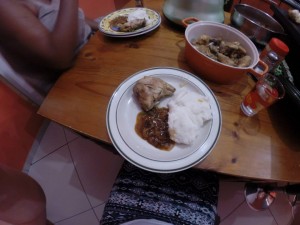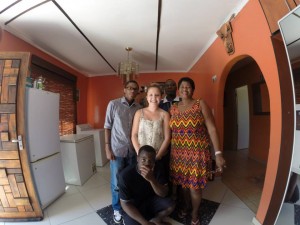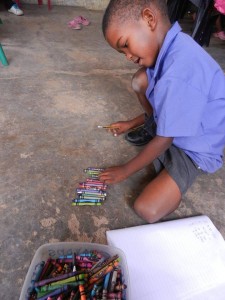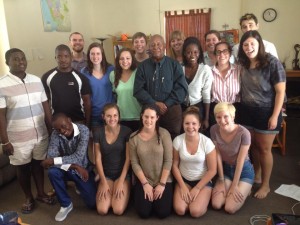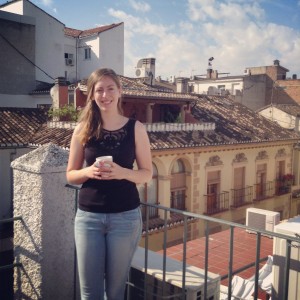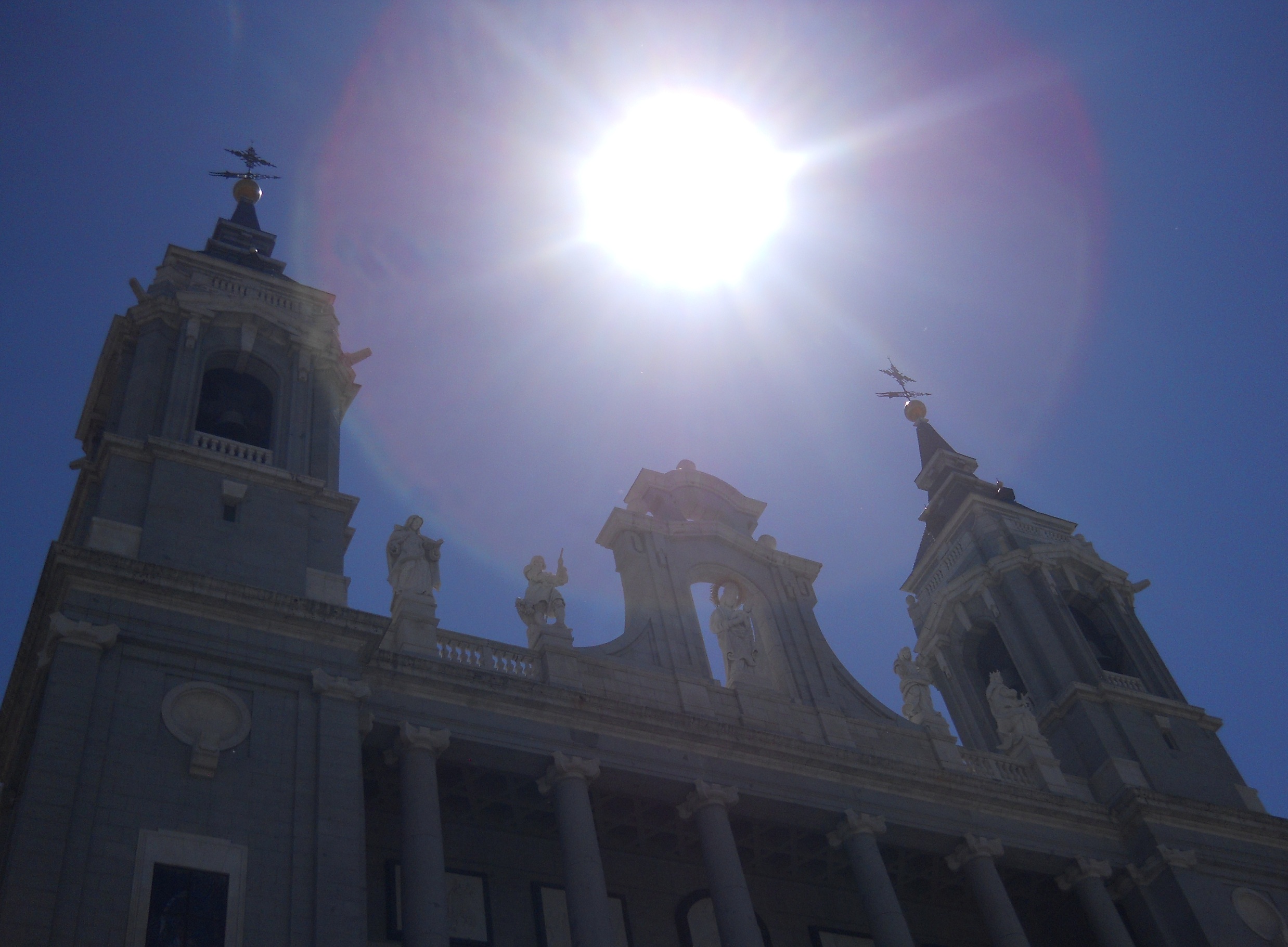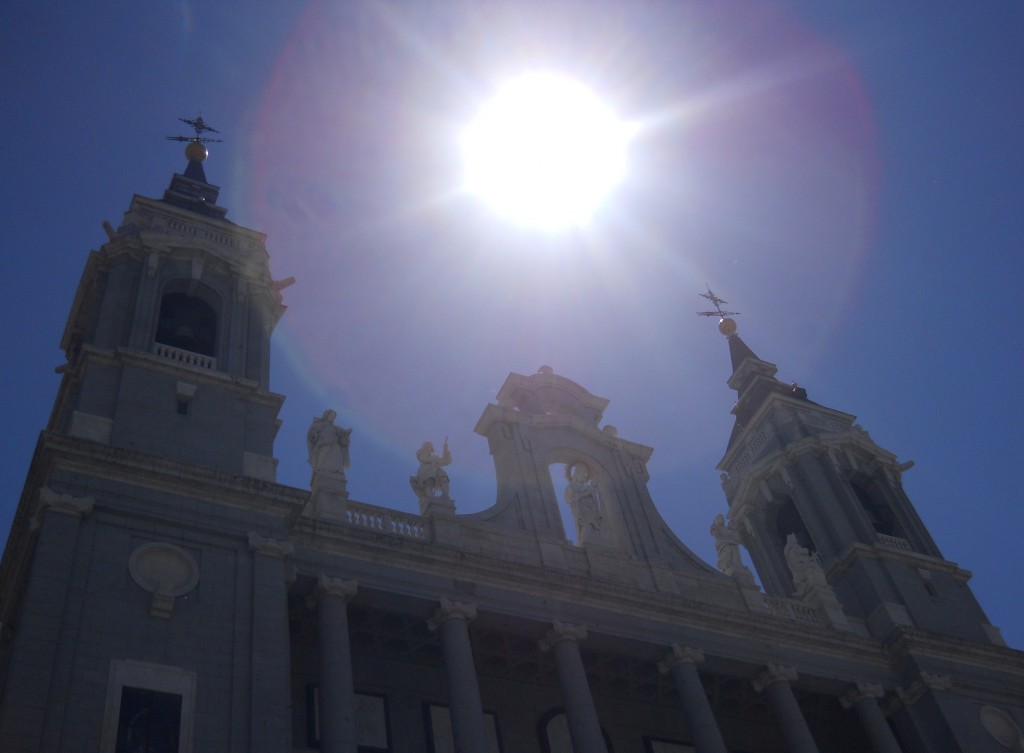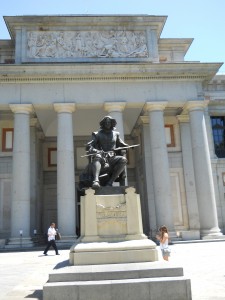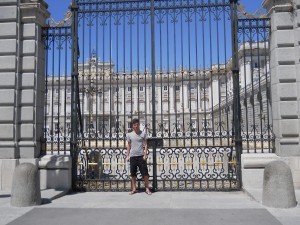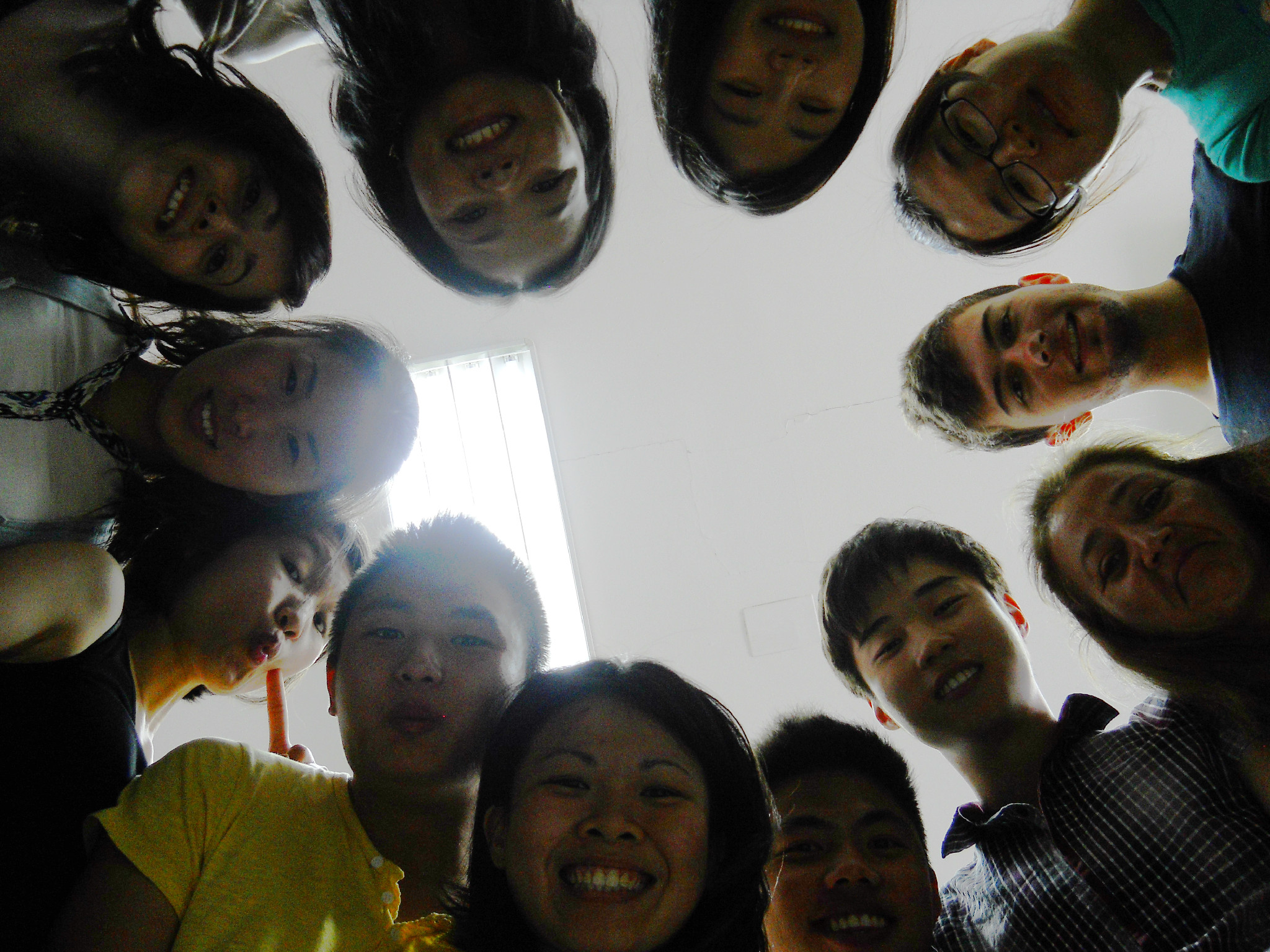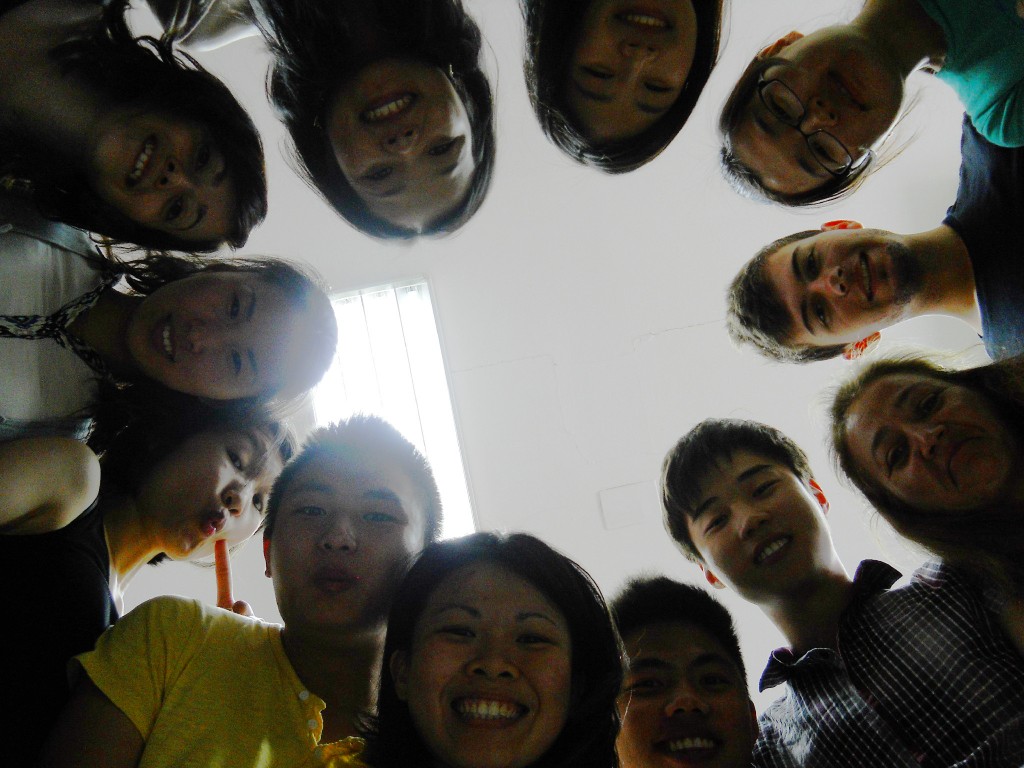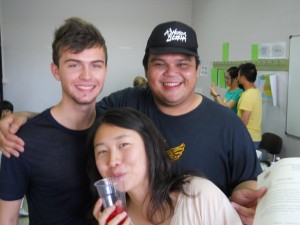Over the weekend, our entire group traveled to the Namib Desert and stayed at a camp called NADEET. NADEET is an incredible place that hopes to promote sustainable living and environmental consciousness. To do this, their camp is almost entirely sustainable and they bring students, parents, educators, and community members there to teach them sustainable practices.
Three of their main focuses are on water conservation, conserving electricity through using renewable energy, and recycling. To conserve water, they built the bathrooms with no running water. Instead, campers use bucket showers and use cups of water when brushing their teeth. They also utilize a toilet with no flushing capability because flushing a toilet can use almost 10 liters of water.
The electricity of the camp is powered by solar panels that take advantage of the hot, desert sun. To cook, they use solar cookers, solar ovens, and sustainable fire cookers. These options are far more sustainable than conventional ovens as they use less to no electricity or resources and are able to cook the food just as well.
NADEET also emphasizes recycling and they do so by separating trash into compost, paper, glass and tin, and trash. By doing so, the amount of actual trash that goes to a landfill is dramatically reduced. A vast majority of the trash ends up as food compost and goes back into the soil and the garden while another portion is recycled in town and the paper is used to make fire bricks for he sustainable cooker as an alternative to firewood. This leaves only a small percentage of trash that is actually left as rubbish that needs to be thrown in a landfill or incinerated. In order to maintain this sustainability and to hold them and their campers accountable they will do an environmental audit in order to determine the amount of each resource they have used and how much waste they produce.
One aspect of NADEET that I found extremely important was their emphasis on the fact that environmental education is important to everyone and has an impact on social and economic issues. Many times, it can be seen that the environment is thrown aside when a “bigger” problem arises within a community. This thought process is what has thrown the world into a chaotic spiral of destruction. What NADEET did an excellent job of describing is that many other issues can be resolved through environmental consciousness. NADEET also emphasizes the fact that environmental education does not need to exist solely in a science classroom but is something that can be taught in any subject. Specifically, in our environmental audit, we were shown how math can be taught through environmental education by having the students calculate their personal water usage or waste.
Overall, my experience at NADEET was incredible, I was able to experience so many new things and learn a ton about environmental sustainability. The Namib Desert is extremely beautiful and I was made truly breathless by the vast mountains and open desert as well as the stunningly expansive nighttime sky.
From hiking through the dunes looking at plants and animals, to making solar oven pizzas, I learned so many differently things about Namibia and sustainable living in general. I feel that many of the things I learned will help me to be more aware of the environmental impact of my everyday life. I also can bring back many of the practical ideas from NADEET and share them with my friends and family. Even though I might not use a solar cooker or buy solar panels, I can still find many practical ways to decrease my environmental impact. I also know that I will take what Viktoria said to heart about teaching environmental sustainability in any classroom, even my future math or physics classroom.
*Many of these photos were taken by a member of my group Kayla Koterwski. Visit www.lenstotheliving.wordpress.com to see more of her work!
